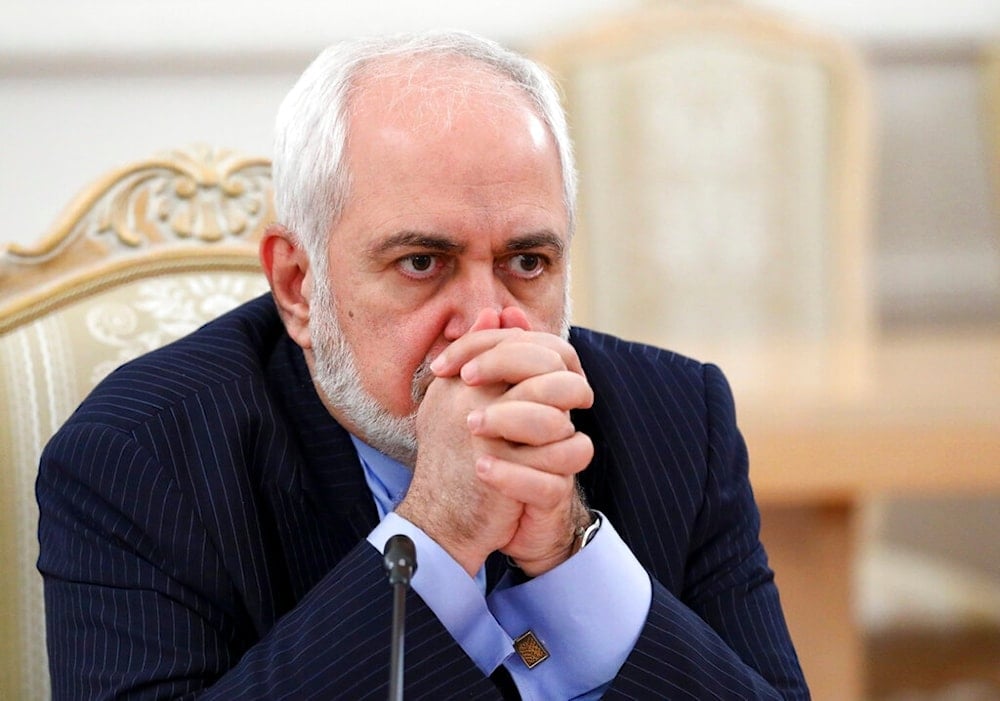Javad Zarif proposes West Asian peace initiative in The Economist
The initiative, called MWADA, would bring together key regional players, including Iran, Saudi Arabia, Turkiye, and others, alongside international stakeholders such as UN envoys.
-

In this January 26, 2021, file photo released by the Russian Foreign Ministry Press Service, Iranian Foreign Minister Mohammad Javad Zarif listens during talks in Moscow, Russia. (AP)
Iranian writer and diplomat Javad Zarif on Wednesday published an article in The Economist, calling for the establishment of a Muslim West Asian Dialogue Association (MWADA) to promote peace and cooperation in the Persian Gulf region and beyond. Writing in a personal capacity, Zarif outlined a comprehensive framework aimed at addressing regional conflicts, fostering economic integration, and strengthening security among Muslim nations in West Asia.
MWADA, as envisioned by Zarif, would bring together key regional players, including Iran, Saudi Arabia, Turkiye, and others, alongside international stakeholders such as UN envoys. The initiative aims to promote ceasefires in Gaza, Lebanon, Syria, and Yemen while facilitating dialogue on humanitarian and political solutions. Zarif emphasized that the framework would be grounded in the shared values of Islam and principles of sovereignty, non-intervention, and collective security.
"MWADA, meaning 'amity' in Arabic—the language of our collective prayers—ought to aim to foster peaceful coexistence and equitable partnerships," Zarif wrote, underscoring the need for collaboration to counter regional instability.
Read more: Iran has no proxies in region: Sayyed Khamenei
Zarif also highlighted the potential for economic cooperation through a MWADA Development Fund, which could finance infrastructure projects and support reconstruction in post-conflict areas like Syria. Addressing energy security, he proposed regional agreements to safeguard trade routes and explore renewable energy resources, including solar and wind power.
Zarif's vision
The former Iranian foreign minister further called for efforts to establish a nuclear-free West Asia, suggesting that reviving the Iran nuclear deal (JCPOA) should be part of the broader peace agenda. He also pointed to the role of cultural exchanges, counter-terrorism efforts, and media campaigns in fostering understanding and coexistence.
Zarif emphasized the importance of improved relations between Iran, Saudi Arabia, and the UAE, which he believes could counteract extremism and sectarian divisions. Reflecting on historical challenges, he wrote, "MWADA challenges us to reimagine the region not as a battleground but as a hub of amity and empathy."
Zarif concluded with a call for bold action, urging regional governments to move past historical grievances and seize the opportunity to create a peaceful, stable, and prosperous West Asia. "The time to act is now," he declared, presenting MWADA as a platform for transformative change in the region.
Read more: Trump could lead new Iran deal after Assad's fall: Sullivan

 3 Min Read
3 Min Read








